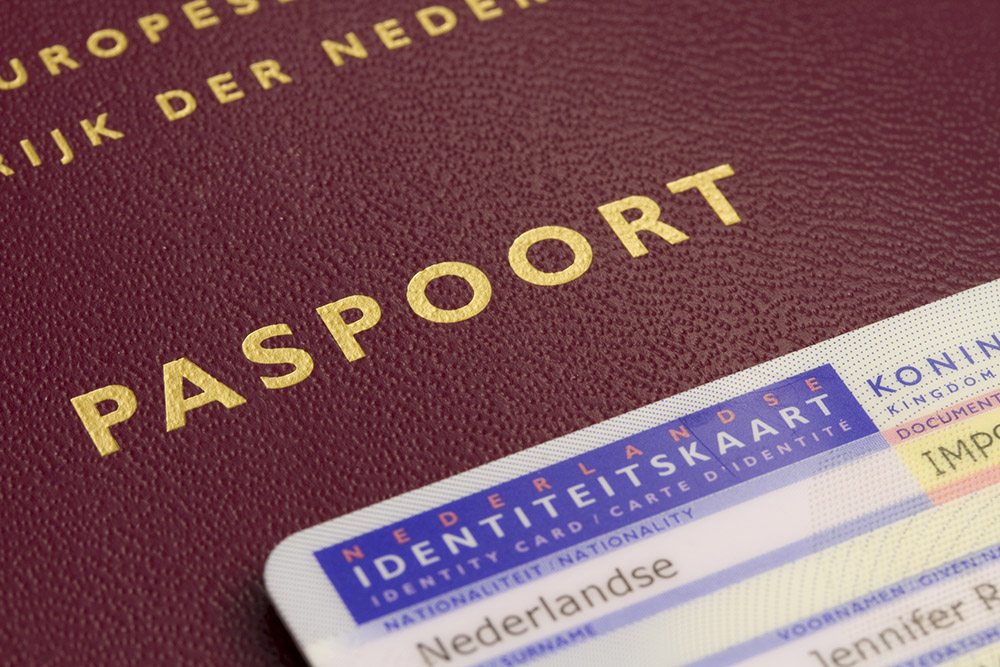How does immigration law work in the Netherlands?

Rights of foreigners
In the Netherlands, foreigners have certain rights and protections that are important, We have listed below some of the important rights that foreigners have in the Netherlands.
- Unaccompanied minor aliens (UMAs): these are young people who come to the Netherlands alone or together with other minors or adults from outside the European Union to apply for asylum. They are under 18 years old and have no parents or legal guardian on arrival. These young people ask for protection and support.
- Residence permit: when necessary, unaccompanied minors receive a residence permit, just like adult asylum seekers. Organizations such as Nidos assign them a guardian, who supervises them until they turn 18 or leave the Netherlands.
- Return policy: Foreign nationals from outside the European Union, Norway, Iceland or Switzerland need a residence permit to stay legally in the Netherlands. If they are not entitled to a residence permit or have never applied for one, they are in the Netherlands illegally and must leave the country.
Aliens Act 2000: The Aliens Act 2000 regulates the entry, admission, control and deportation of aliens in the Netherlands. This law deals with issues such as the refusal of aliens at the border, alien detention and other legal aspects related to aliens in the Netherlands.
Aliens law in the Netherlands is part of administrative law and is regulated by several laws and regulations, including the Aliens Act 2000, the Aliens Decree and the Regulations on Aliens.
Immigration Regulations
- Visa policy: Countries operate different types of visas for visitors, students, workers and other purposes. It is important to understand which visa applies to you.
- Permanent Residence: Some aliens may qualify for permanent residence in a country, which gives them the same rights as nationals.
Naturalization: After a certain period of legal residence, an alien may be eligible for naturalization and obtaining citizenship.
Challenges in immigration law
Challenges in the immigration law for lawyers in the Netherlands can arise in a variety of ways. Let's take a closer look at some of these challenges:
Complexity of laws and regulations:
Immigration law is an area of law with a vast and complex set of laws and regulations. As lawyers, it is our job to understand this complexity and keep up with constant changes to effectively represent our clients.
Language and cultural barriers:
Lawyers who deal with foreign nationals may face communication problems because of language differences. Providing legal advice to clients who do not have a good command of the Dutch language can be challenging. In addition, we must consider cultural differences that can affect how legal issues are understood and handled.
Influence of political and policy changes:
Immigration law is affected by changes in the political landscape and policies. As lawyers, we must adapt to new laws, policy directives and their interpretation. These changes can affect our clients' approaches and options.
High workload and time pressure:
In our field, we often experience high workloads and tight deadlines. This forces us to act quickly and efficiently to meet legal deadlines and deal with a significant workload.
Emotional strain:
Immigration law can be emotionally demanding because we deal with clients who are often in very difficult situations. We must be empathetic and supportive while remaining professional and looking out for our clients' best interests.
It is important to emphasize that these challenges may vary based on our individual practice and experience in immigration law. As attorneys, it is our duty to deal with these challenges and ensure the best possible representation for our clients.
Frequently Asked Questions
How can I apply for a residence permit in the Netherlands?
Applying for a residence permit in the Netherlands can vary based on our specific reason and situation. There are different types of residence permits, such as for work, study, family reunification, and asylum. It is crucial to follow the correct procedure and submit the necessary documentation correctly. Sometimes enlisting legal help can help us navigate through the complexities of the process and increase our chances of approval.
How does the asylum process work in the Netherlands?
What are the consequences of staying in the Netherlands illegally?
Can I work in the Netherlands without a residence permit?
aliens law in the netherlands
criminal law attorney enschede
lawyer enschede
lawyer overijssel
laws and regulations lawyer immigration law and immigration law main reasons for rejection of short stay visa
immigration law attorney enschede
